
What are Sleep Disorders?Sleep disorders are characterized by poor quality of sleep which can seriously affect life of an individual. Different life stresses are the main triggers of these disorders. Inadequate night sleep often leads to road accidents, interferes with social and work life and may further impair health of a person with a sleep disorder.
There are numerous forms of sleep disorders that can range from minor to very dangerous ones. Sleep disorders can affect people of all age groups and even pets. Bed wetting is a type of sleep disorder typical for children, which resolves over time as the child establishes bladder control. On the other hand, narcolepsy is a severe sleep disorder that causes overwhelming tiredness but can be treated with medications and behavioral therapy.
Types of Sleep DisordersInsomnia
Insomnia is a common sleep disorder that usually affects young adults. This type of sleep disorder is featured by inability to fall asleep or to stay asleep. The disorder can result out of anxiety, depression, stress or a change in sleep schedule. Insomnia is more often seen in women then in men. This sleep disorder can be short-term or chronic but in either case it can affect concentration and cause irritability in the sufferer. Insomnia is usually treated with melatonin although improved sleep hygiene and cognitive behavioral therapy can significantly reduce the problem.
Sleep ApneaSleep apnea is a serious sleep disorder in which breathing becomes shallow or stops while sleeping. During sleep, breathing can be so often interrupted that can keep the person awake. Sleep apnea is caused by failure of the brain to signal the respiratory system to breathe. This sleep disorder is often accompanied with loud snoring. Respiratory apparatus, behavioral treatment and in some cases surgery are needed to correct sleep apnea.
Narcolepsy
Narcolepsy is a neurological disorder that interferes with sleep. It occurs due to inability of the central nervous system to regulate sleep-wake cycles. Narcolepsy causes excessive daytime sleepiness and sudden episodes of falling asleep at any time. The symptoms of narcolepsy include hallucinations and sleep paralysis when the patient temporary loses muscle control prior to falling asleep or after waking up. Narcolepsy can be managed with medications, counseling and behavioral therapy.
Restless Leg SyndromeRestless leg syndrome is another neurological disorder that affects sleep due to constant urge to move the legs. This is caused by tingling, creeping and uncomfortable sensations in the legs, which are briefly relieved by movement. Restless leg syndrome can affect the person either while asleep or when awake. This sleep disorder can be treated with self help techniques, nutritional supplements and electrical stimulation applied to the legs and feet.


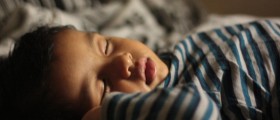
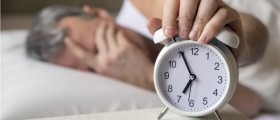
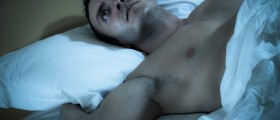
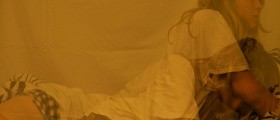
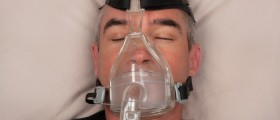
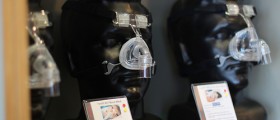


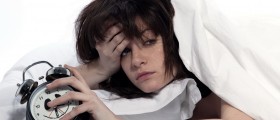
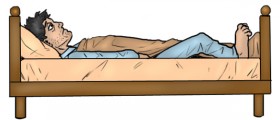

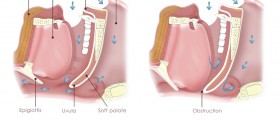
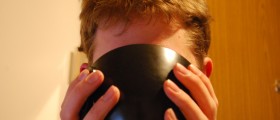
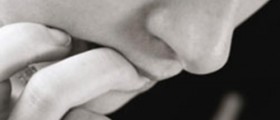
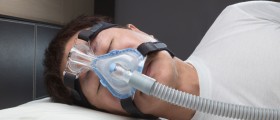
Your thoughts on this
Loading...